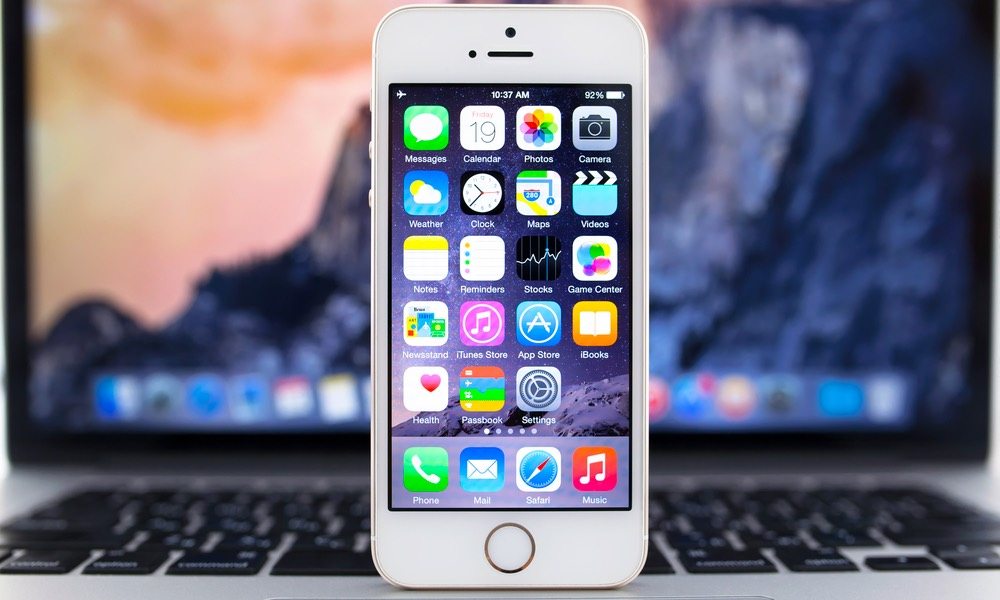Hacker Who Contributed to Celebrity Nude Photo Leak to Plead Guilty

Toggle Dark Mode
A Pennsylvania man is set to plead guilty for hacking over 100 Apple and Google accounts, including the accounts for dozens of female celebrities such as Jennifer Lawrence and Kate Upton.
Ryan Collins, from Lancaster, Pennsylvania, was charged this week in Los Angeles for violating the Computer Fraud and Abuse Act, and he could face up to five years in jail. The hack itself contributed to the leak of hundreds of nude photos from celebrities’ accounts back in August 2014, and event that was described by many as a sex crime and a massive violation of privacy.
 Image credit: jdeeringdavis | Flickr
Image credit: jdeeringdavis | Flickr
Collins basically created a phishing scam, in which he posed as Apple and asked victims for their usernames and passwords to be sent over email. When he got the usernames and passwords, he took the data that he wanted, sometimes downloading full backups from iCloud. He was accused of accessing as many as 50 iCloud accounts and 72 Gmail accounts without permission.
“[The] defendant used numerous fraudulent email addresses designed to look like legitimate security accounts from various internet service providers, including, for example, email.protection318@icloud.com, noreply_helpdesk0118@outlook.comand secure.helpdesk0119@gmail.com,” said court filings according to a report from the BBC.
It’s important to note that while Collins was charged with hacking into the accounts, he was not charged with distributing the photos on websites such as 4chan. The investigation into who was behind the distribution of photos is “still ongoing.”
“By illegally accessing intimate details of his victims’ personal lives, Mr. Collins violated their privacy and left many to contend with lasting emotional distress, embarrassment and feelings of insecurity,” said David Bowdich, assistant director at the Los Angeles FBI field office.
Collins was part of an investigation that is set to continue, and will likely lead to more arrests, such as of those who actually distributed the photos. Still, the photos were spread somehow, and once they were released they quickly made the rounds on sites like 4chan and Reddit, where they were promptly removed. Unfortunately, this is the Internet, and photos that are “removed” are very rarely actually removed. Not only that, but the release of the photos can be extremely damaging to a person who has really done nothing to deserve such an incident.
“Those pictures were incredibly personal to me — and my naked body I haven’t shown on camera by choice — it’s my body. I felt angry at websites reposting them. … I can’t really describe to you the feeling that took a very long time to go away, wondering at any point who is just passing my body around. Who’s got a picture of my body on their phone and is at a barbecue and looking at them. It was an unshakable, really awful feeling that after it healed a little bit made me incredibly angry,” said Jennifer Lawrence, a victim of the hacks, in an interview with NPR.
 While what Collins did was disgusting enough as it was, it certainly opened up the conversation about online privacy and security. Unfortunately, people around the world go through being hacked everyday, and while this particular case was high-profile enough to garner some intervention from law enforcement, us regular folk would most often be on our own in case something like this happened. Because of this, it’s important to remain extremely diligent in protecting your online self.
While what Collins did was disgusting enough as it was, it certainly opened up the conversation about online privacy and security. Unfortunately, people around the world go through being hacked everyday, and while this particular case was high-profile enough to garner some intervention from law enforcement, us regular folk would most often be on our own in case something like this happened. Because of this, it’s important to remain extremely diligent in protecting your online self.
For example, legitimate companies will never ask you to send over your username and/or password via email. Even you did get an email from a company saying that your account had been hacked and that you should send over your username and password, and you were worried that the email was legit, simply head to the account in question and, and change the password yourself.
In fact, sending personal information over email is usually a bad idea, unless you’re absolutely certain that the information is being sent to someone you can trust, and you’re sending it securely. Definitely do not send it on a public computer, and it’s usually best to make sure you’re on your home Wi-Fi network, not a public network.
Of course, sending a fake email to people isn’t the only technique that hackers use to try and gain access to personal information. Sometimes they’ll even call you to pose as a representative from the company, and ask you flat out for your information. Obviously some information is more useful than other information. Accounts like Apple and Google can be extremely important because of the fact that our digital lives have become so integral to our normal lives. In the case of iPhone users who use iCloud, contacts, photos, emails, and more are stored in these accounts.
Learn More: Top 5 Technologies Apple Killed






